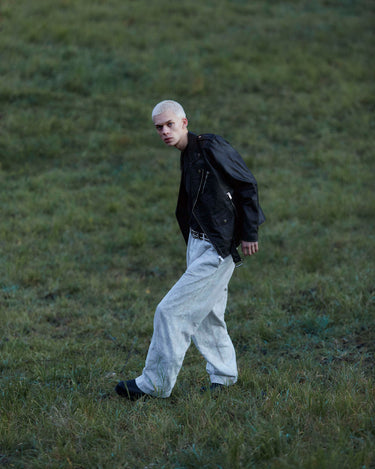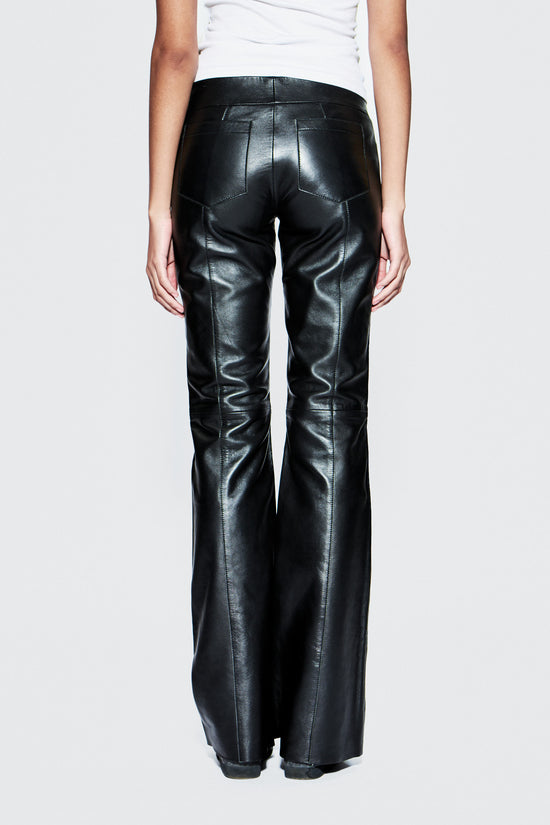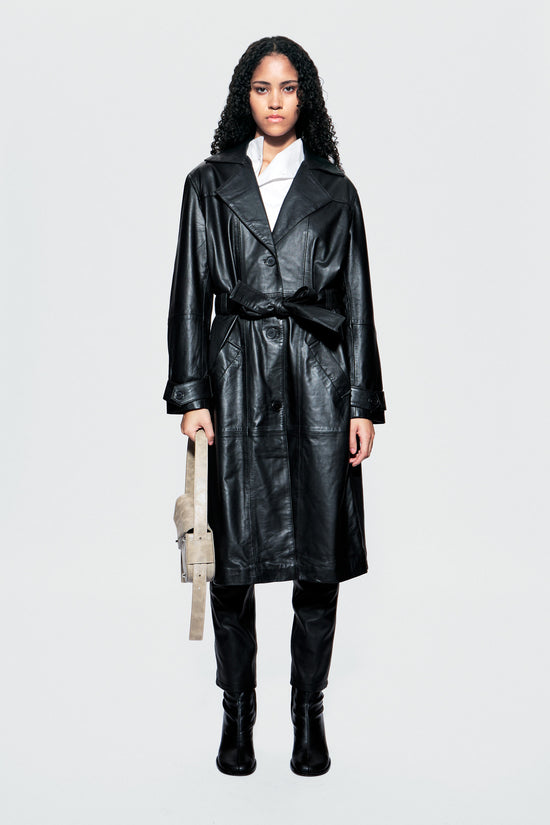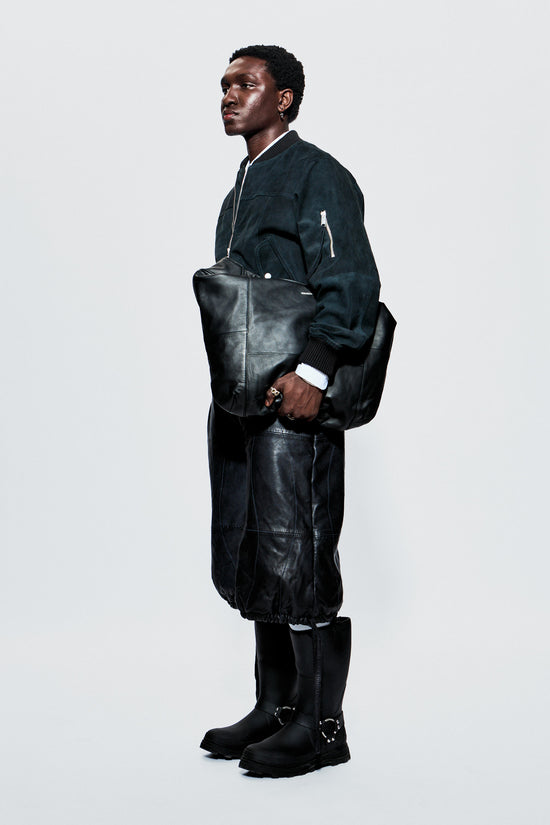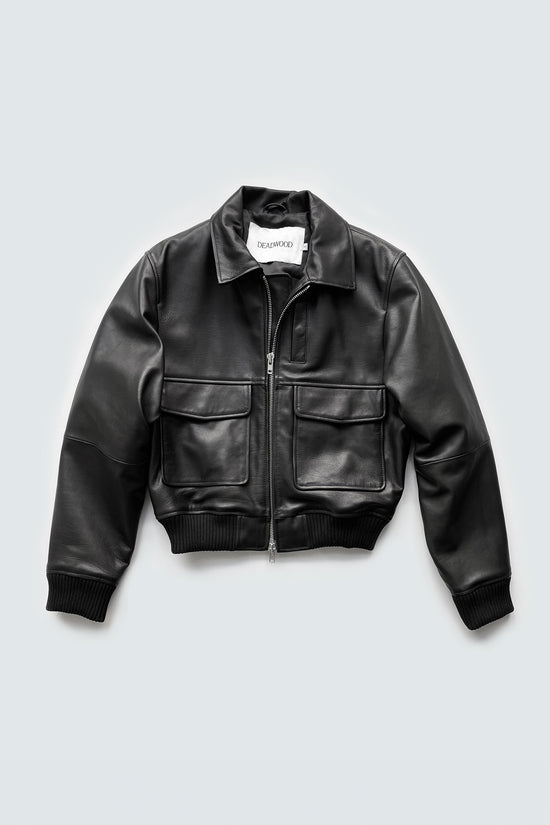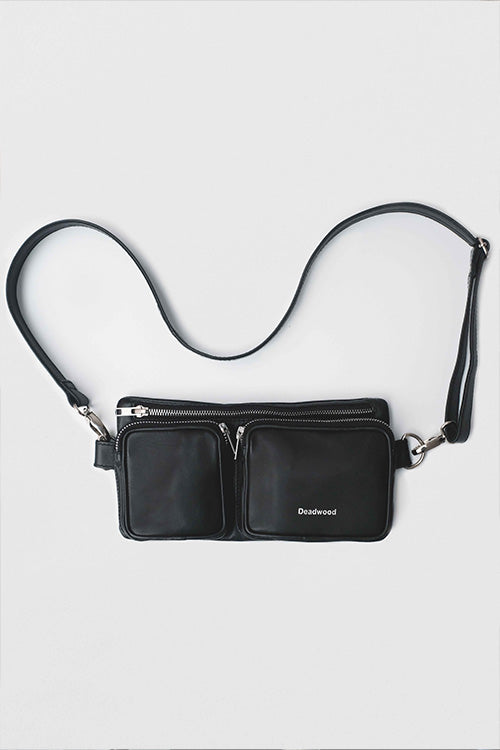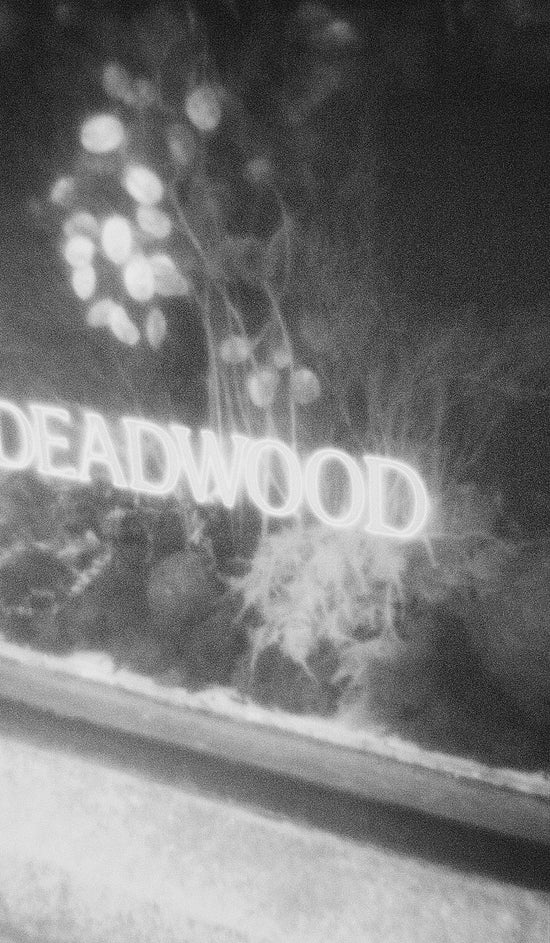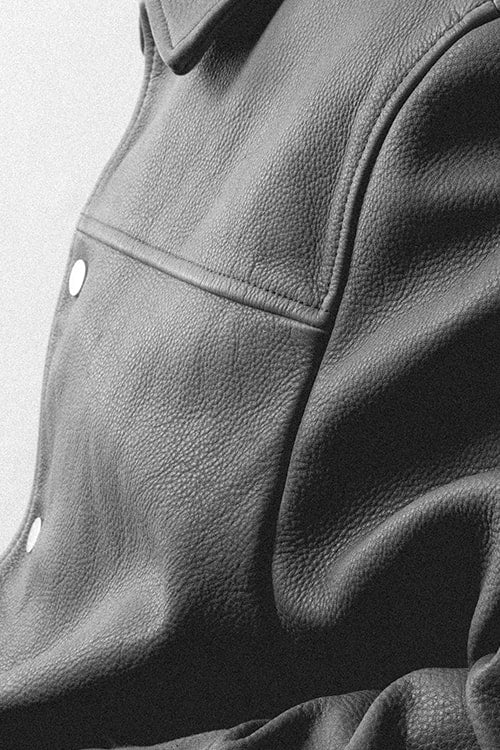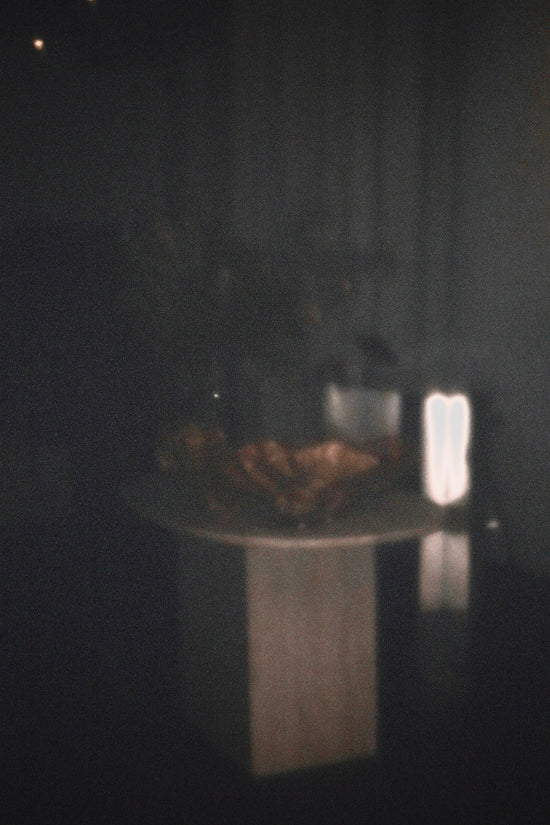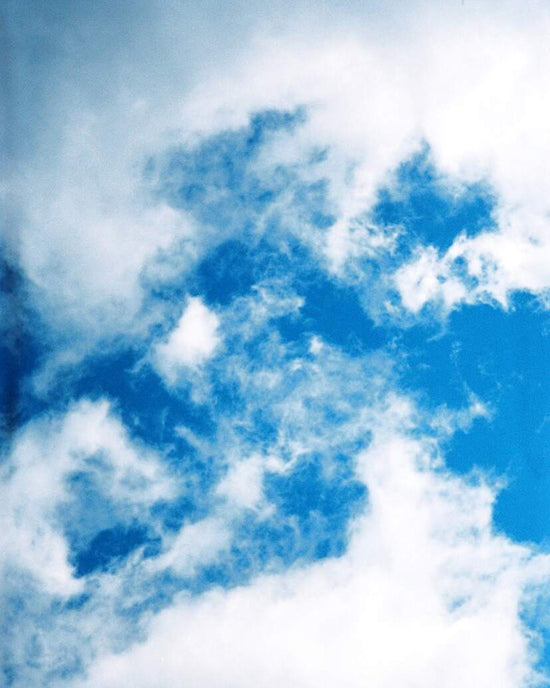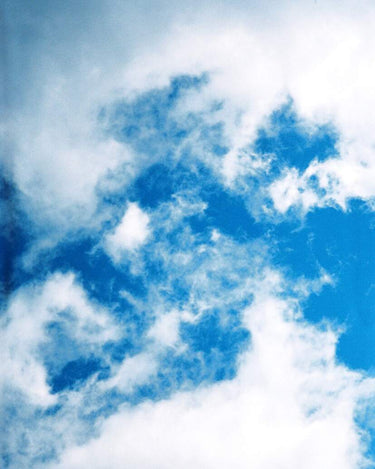
Sustainability
We strive for sustainability in everything we do. For us that means making use of materials that otherwise would have gone to waste, making the fashion industry more waste efficient. At Deadwood we started out with leather. 30-40 percent of leather is discarded after tanning or cutting. Some skins are being rejected and discarded due to small blemishes that can easily be cut out. Much of the offcuts from garment and furniture production are thrown away only to end up in the landfill. All this is our goldmine; this is what we make our garments from. By using more cutlines and applying some brains and dedication in sourcing we have been able to use what most brands would consider trash. To us it’s treasure!
Deadwood is not just leather, we work with a plethora of materials. But our methods are just as relevant there. Our vision is that 80% of all our materials should be recycled or up-cycled, and the rest need to exhibit other undeniable environmental or ethical upsides, such as plant based leather alternatives. Basically, every Deadwood garment should tell a story that will put a smile on your face.
When we talk sustainability we should mention durability, which is also a major concern. We need to create clothes that will stand the test of time and garments that when they finally wear out actually deserve repairing. Lastly, our notion of sustainability also means trying to create timeless designs that age well. In Deadwood terms, managing the planet's resources intelligently is a matter of common sense, of course sprinkled with some creativity and a fair bit of balls to shake up the old ways.
Deadwood is not just leather, we work with a plethora of materials. But our methods are just as relevant there. Our vision is that 80% of all our materials should be recycled or up-cycled, and the rest need to exhibit other undeniable environmental or ethical upsides, such as plant based leather alternatives. Basically, every Deadwood garment should tell a story that will put a smile on your face.
When we talk sustainability we should mention durability, which is also a major concern. We need to create clothes that will stand the test of time and garments that when they finally wear out actually deserve repairing. Lastly, our notion of sustainability also means trying to create timeless designs that age well. In Deadwood terms, managing the planet's resources intelligently is a matter of common sense, of course sprinkled with some creativity and a fair bit of balls to shake up the old ways.
Felix von Bahder, Chief Designer:
"Blurring the lines between new and used, trash and treasure, always felt interesting to me"
Are Deadwood leather jackets environmentally sustainable?
In short, they are better than all the rest!
Deadwood’s leather jackets are made of 100% upcycled leather which is our way to contribute to a saner fashion industry. However, the question is difficult to answer since the concept of “sustainability” depends on so many factors. Would it be possible to scale up our production into infinity? No, obviously our production relies on the previous production of leather garments (which is usually quite strenuous on the environment). But we believe it’s always a good thing to make use of existing resources that would otherwise have gone to waste.
Deadwood’s leather jackets are made of 100% upcycled leather which is our way to contribute to a saner fashion industry. However, the question is difficult to answer since the concept of “sustainability” depends on so many factors. Would it be possible to scale up our production into infinity? No, obviously our production relies on the previous production of leather garments (which is usually quite strenuous on the environment). But we believe it’s always a good thing to make use of existing resources that would otherwise have gone to waste.

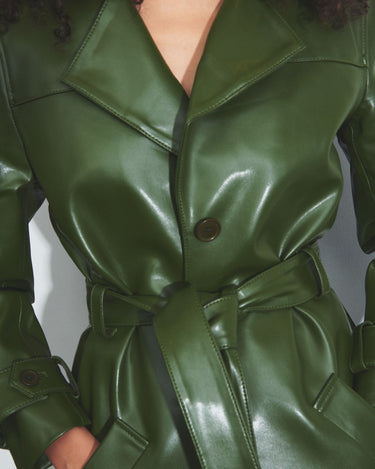
What is Deadwood's opinion on vegan leather?
We often get asked about our views on what is usually marketed as "vegan leather", and we always try to point out the nuances. In our view there is really bad vegan leather, not just because it feels cheap, is non-durable, non-breathable etcetera, but also because it is really bad for the environment. But recently both scientists and farmers have began to refine ancient methods of using mushrooms and plants as main ingredients in fabrics that resemble the leather surface, with much of its functionality being replicated as well. Our favorite at the moment is cactus leather.
Are there any side effects negative for the environment?
Yes, of course there are. Nobody’s perfect. We are not zero polluting; no business or person is. That being said, compared to a new leather garment from any brand out there (or a garment made from cotton or polyester for that matter), our products are made from 100% recycled leather which cuts the impact on the environment into only a fraction. That’s why we think our project is good for the world!
